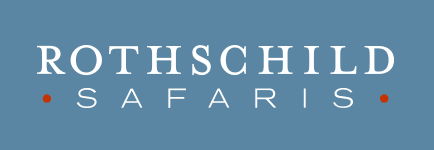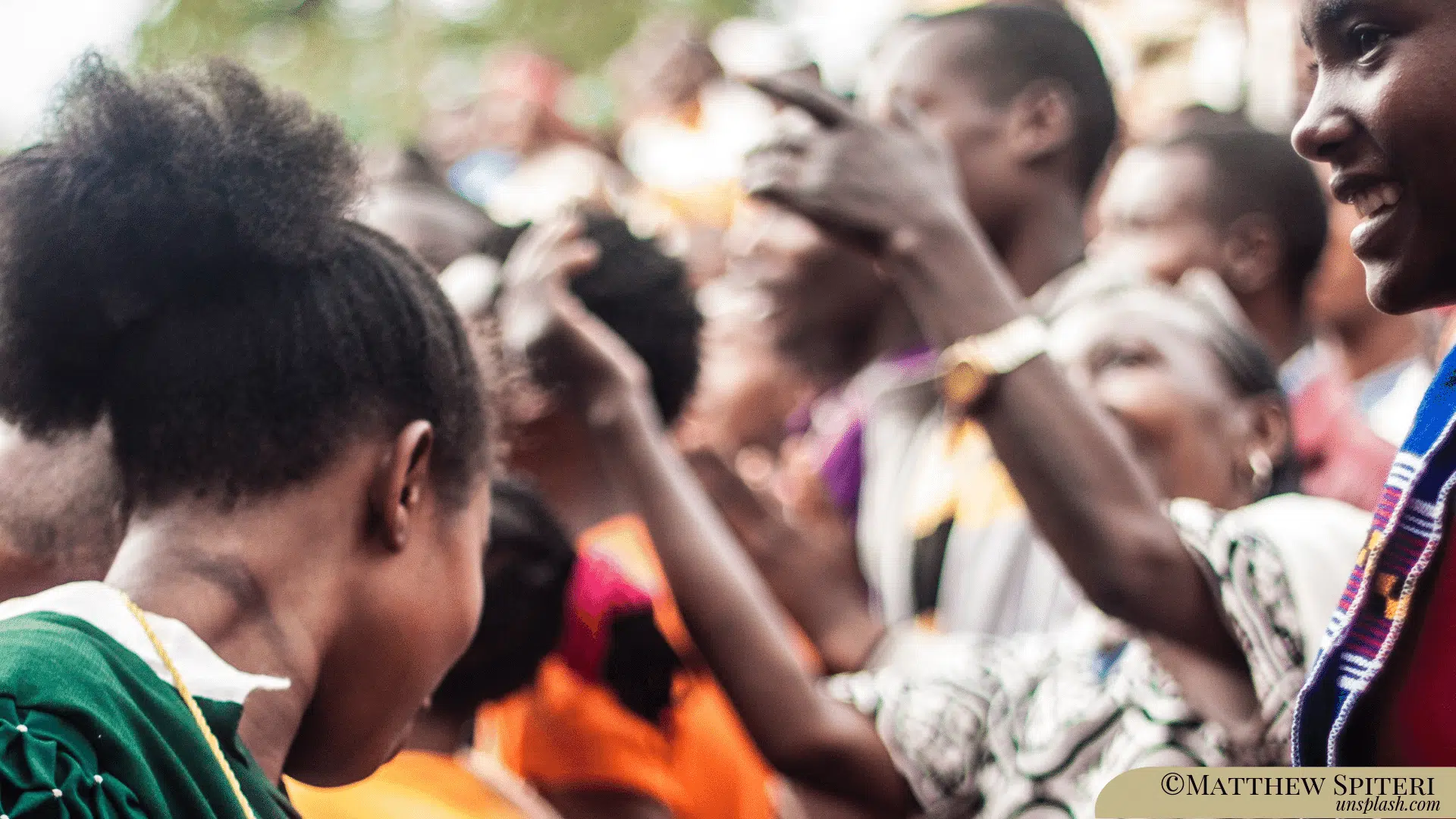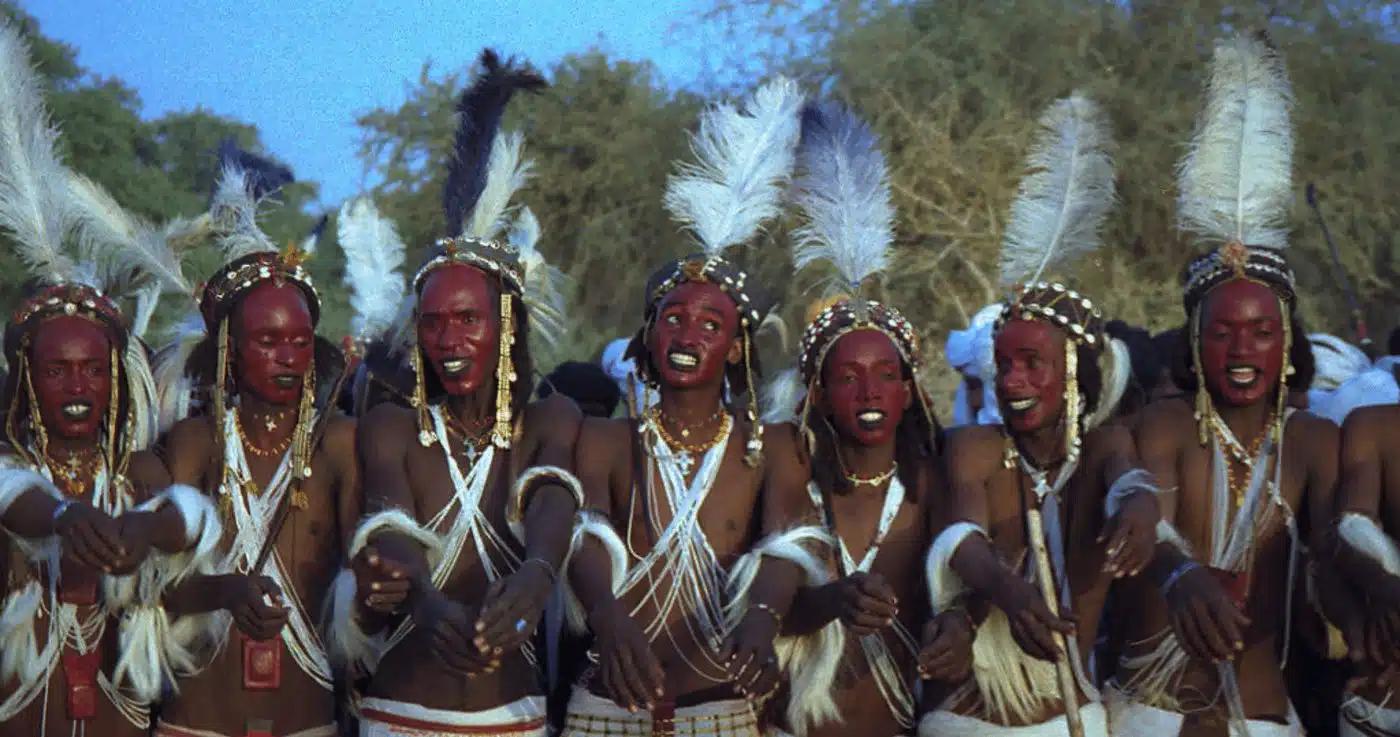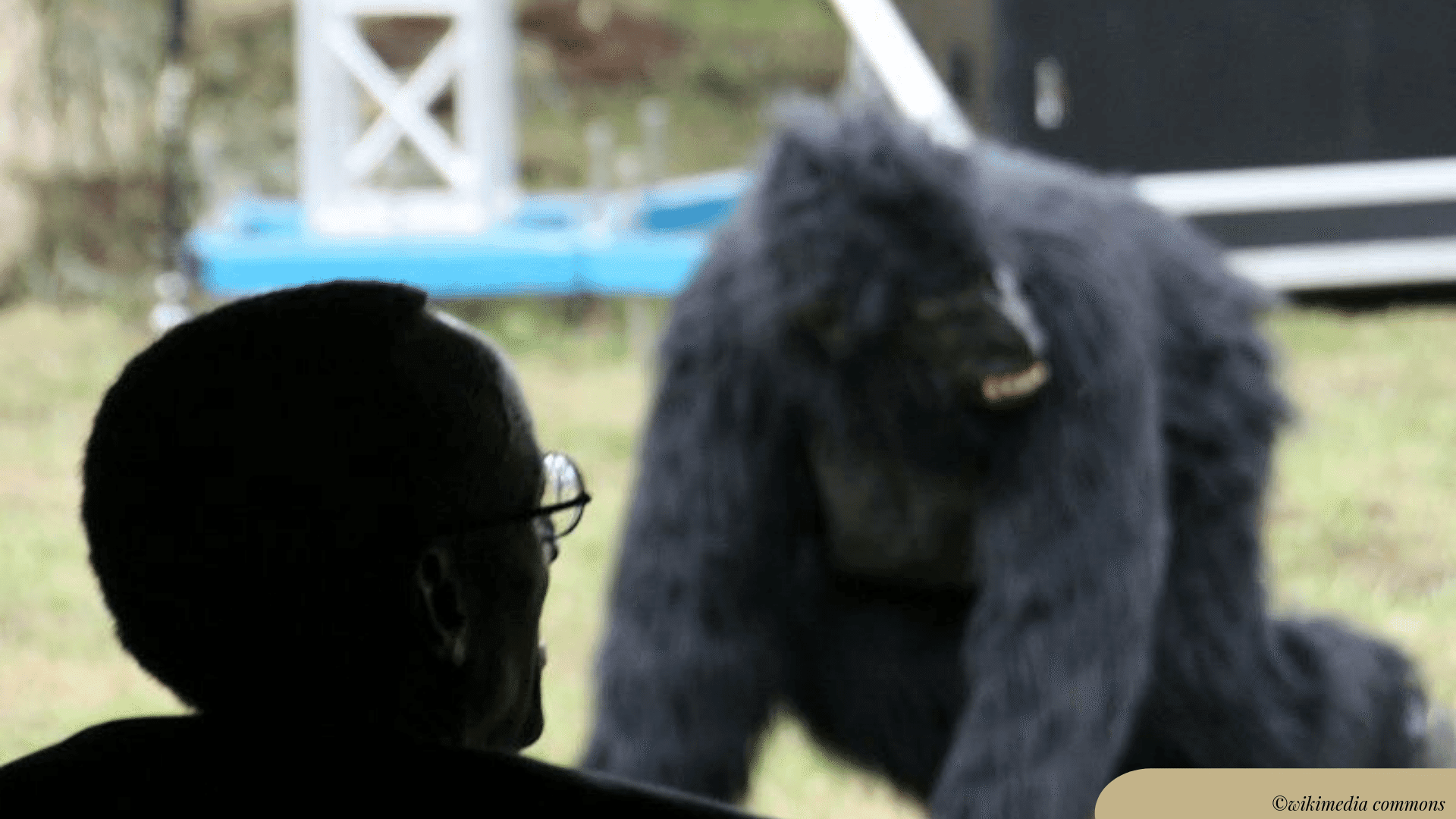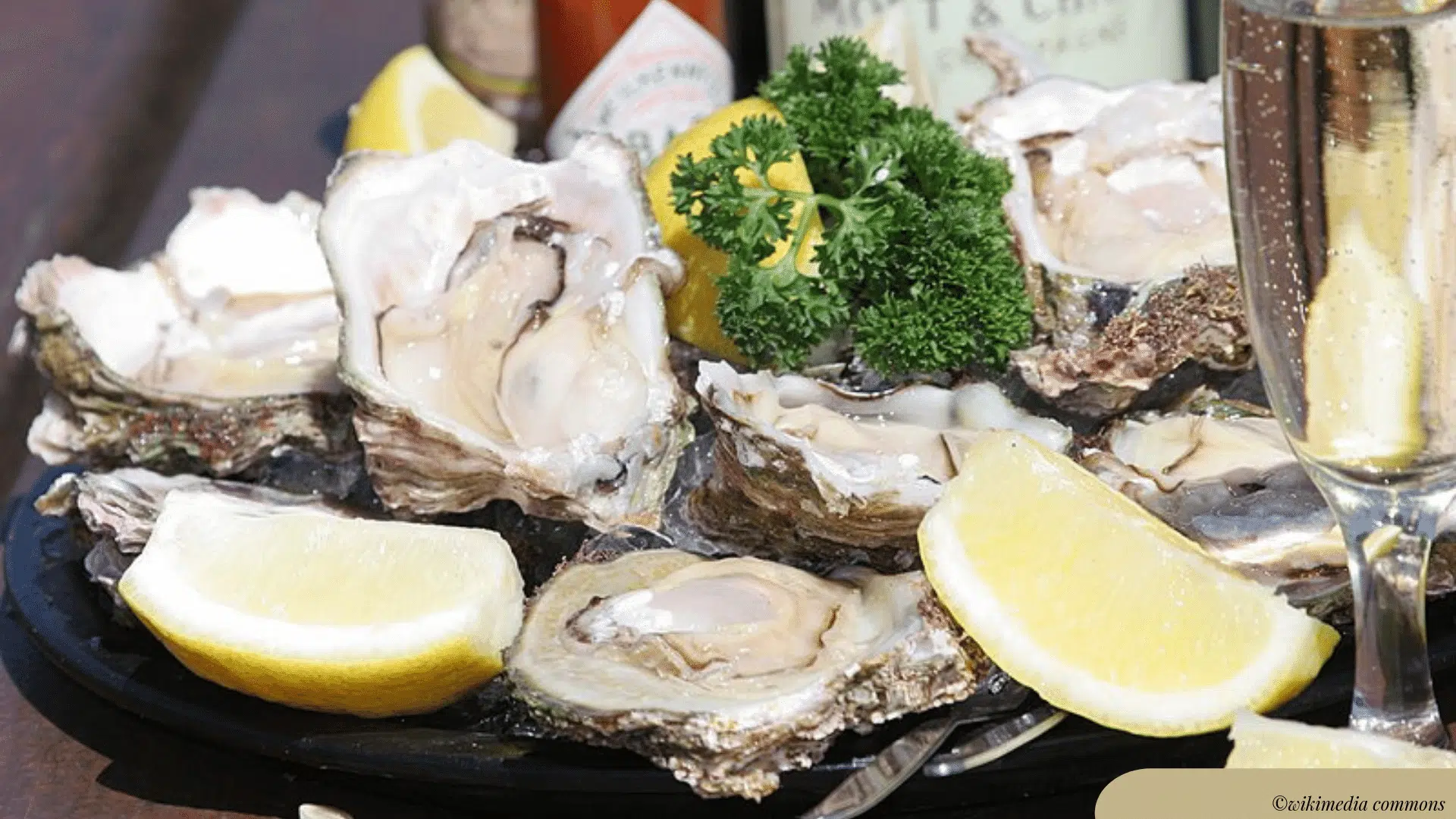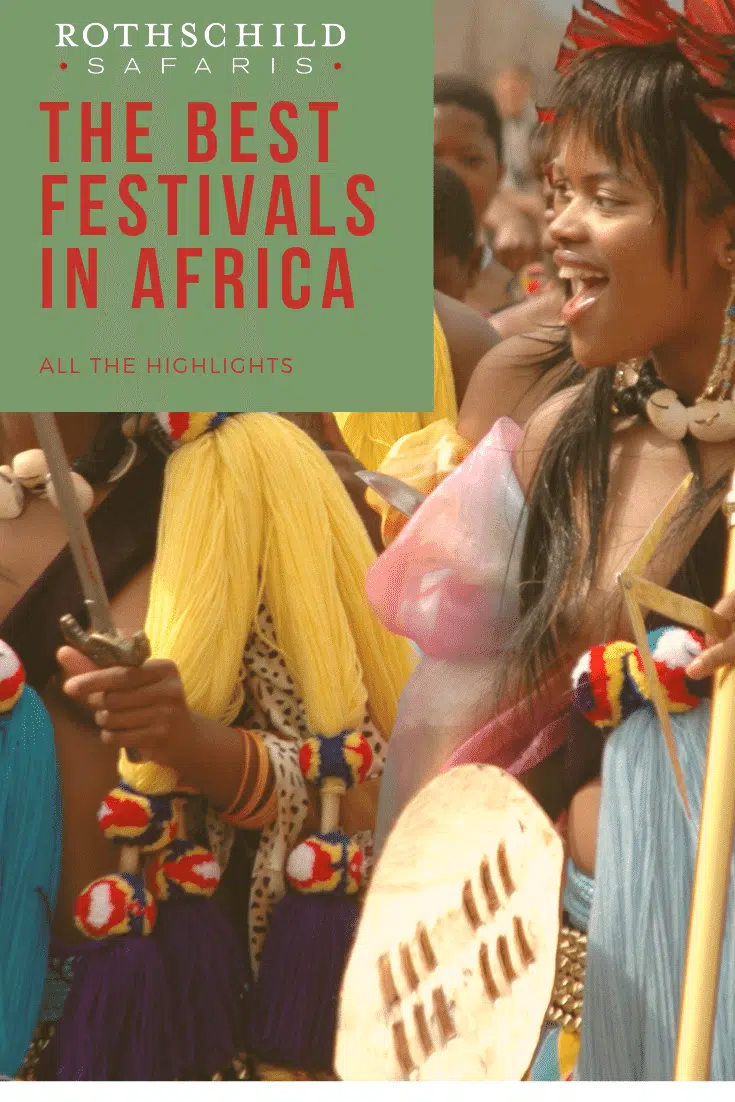 Throughout the vast continent of Africa, a toothy grin, a mischievous giggle, and a joyous dance are only ever a moment away.
Throughout the vast continent of Africa, a toothy grin, a mischievous giggle, and a joyous dance are only ever a moment away.
African Festivals are a way to stay connected to culture. It is a way to forget incredible hardships for just a moment, and it is a way to open a country up to the broader world and the travelers from it.
Planning your African Safari around one of the most extraordinary African celebrations or events that happen here every year isn’t entirely necessary, but your trip might be significantly enhanced by an experience that will, out of sheer practicality stay forever out of reach for most travelers.
Welcome to our pick of African Festivals
FESTIVALS IN BENIN🇧🇯
Ouidah Voodoo Festival
The complicated religion of Voodoo was born between Abomey and Ouidah in Benin. Today nearly 80% of the nation claim Voodoo as their religion and the Feticheur’s of the country are potent and respected. The Temple of the Pythons in Ouidah is only small but is one of the most revered places hosting a very powerful fetish. Here, the celebrations of the Festival of the Voodoo takes place in January every year. The procession carries along the slave road and reaches the beach. Here they perform dances, trances, fetishes, and sacrifices (usually chickens and also goats)in devotion to the Voodoo gods.
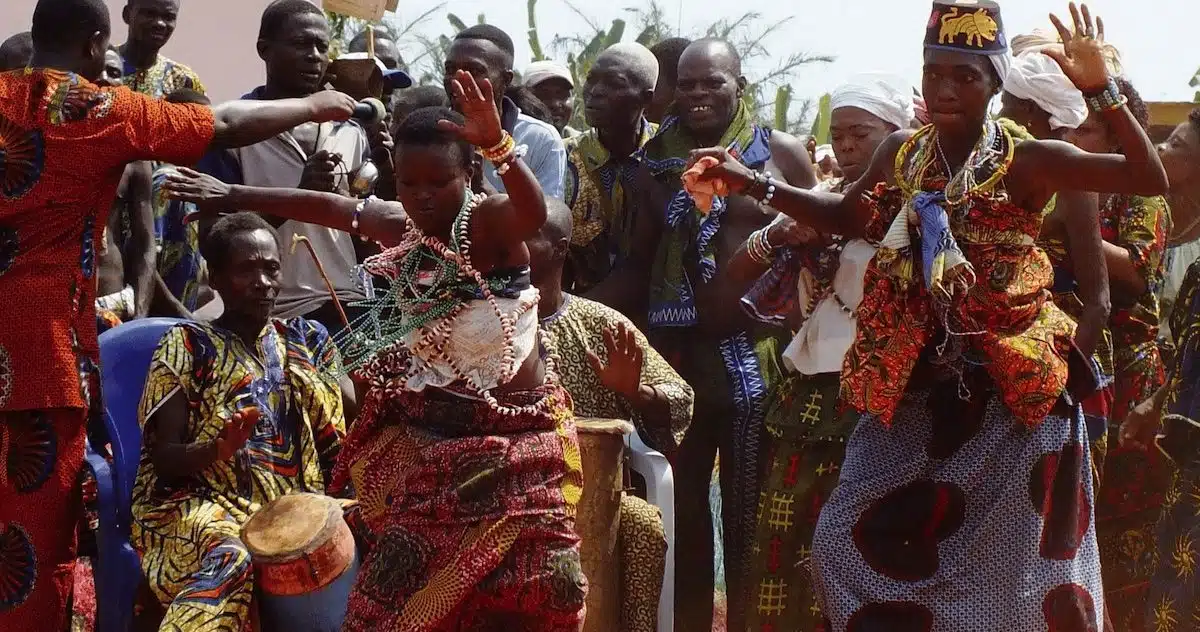
FESTIVALS IN ESWATINI🇸🇿
The Reed Dance
While this African festival begins in private as 40,000 young women collect reeds to present the Queen Mother of the King of Swaziland, the sixth and seventh days are public. Guests can observe women in traditional attire sing, and dance in honor of the Queen Mother and the King himself attends on the last day. The purpose of the ceremony is to preserve the women’s chastity, provide tribute labor for the Queen Mother, and produce solidarity among the women through working together.
Photographs are not permitted. Except, this one 👇🏻😉
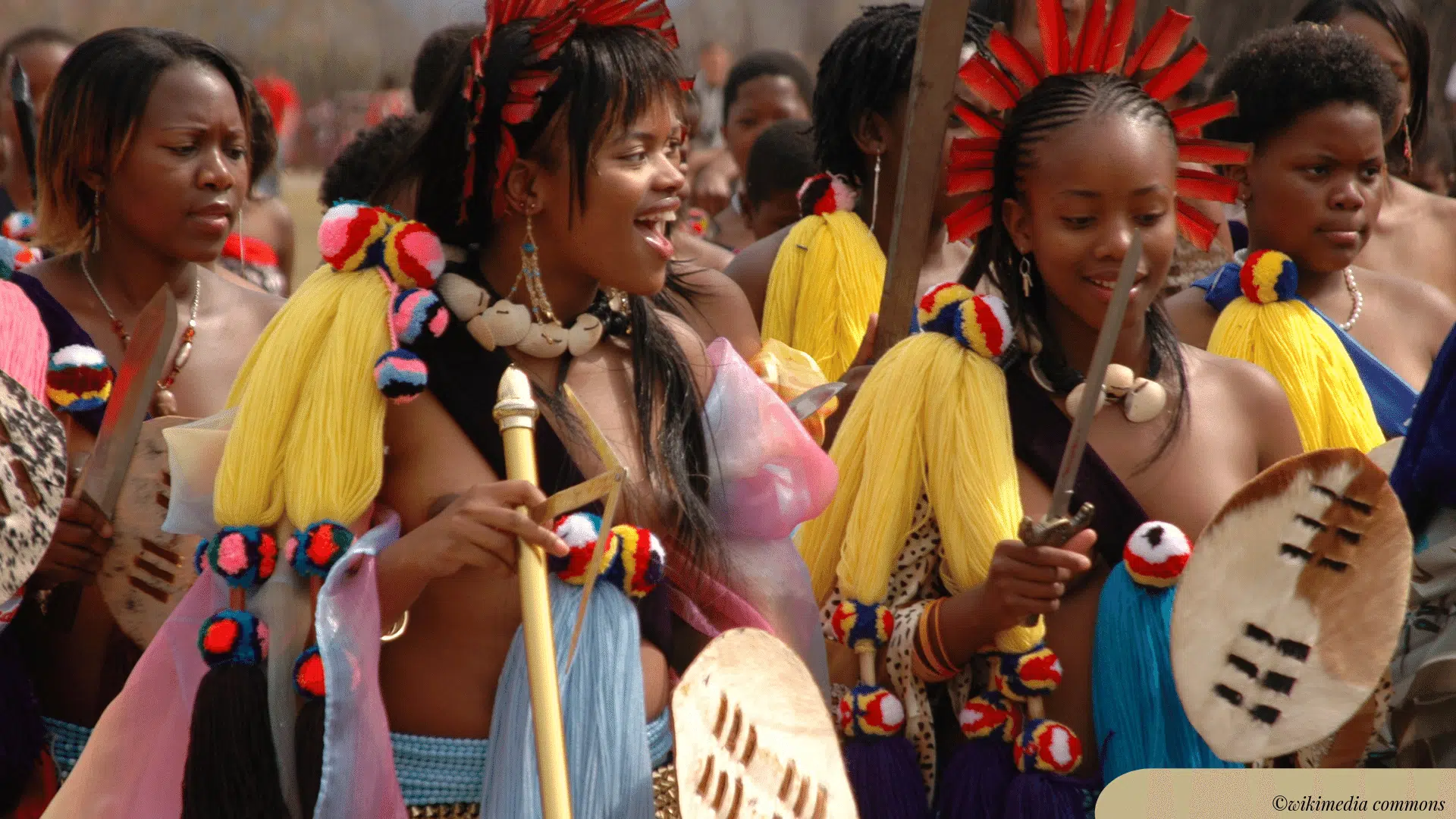
FESTIVALS IN ETHIOPIA🇪🇹
Timkat
It is the biggest festival in Ethiopia with an origin that dates back over 1000 years. Visit Gondar, Lalibela and Addis Ababa in January to see the biggest of the ceremonies and join in the vigorous dancing that commences soon after the official part of this African celebration is complete.
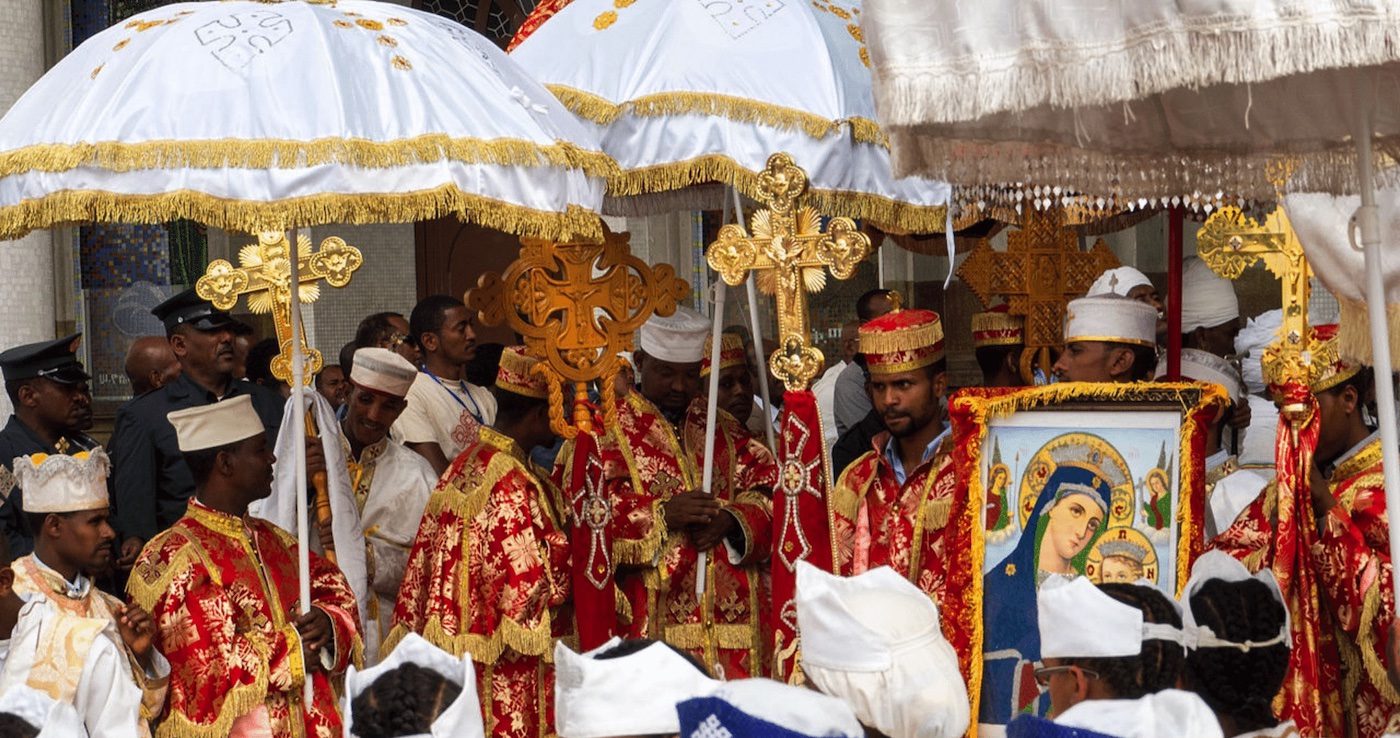
Meskel
In September the Ethiopians celebrate an even older African festival than Timkat. Meskel festivities date back over 1600 years and commemorates the discovery of Jesus’ cross. It is believed that pieces of the cross were brought to Ethiopia and during the celebrations in Maskal Square in Addis Ababa a very colorful procession of priests, deacons and choir singers walk around a vast pyre, bearing ceremonial crosses and wooden torches decorated with olive leaves. The torch-bearers move forward in unison to set alight the slender pyramid-shaped structure, topped with a cross made from daisies. The next day people go to the bonfire and use the ash make the sign of the cross on their foreheads.
FESTIVALS IN KENYA🇰🇪
Maralal International Camel Derby
Professional and amateur camel jockeys converge in the Samburu district of Maralal for a three-day festival in August. It began as a way to promote peace among local tribes but has become a favorite of people all over the world.
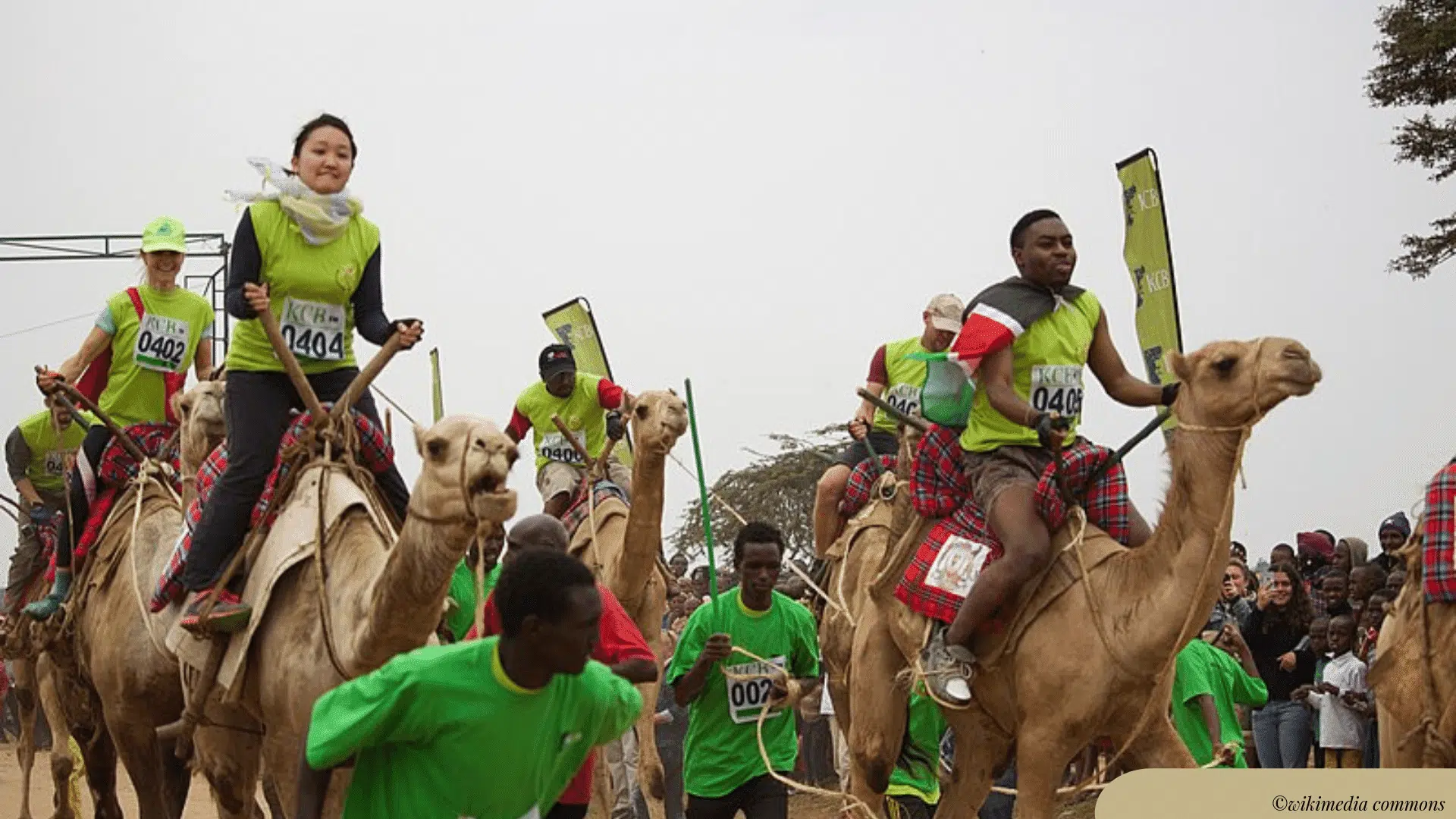
Marsabit Lake Turkana Cultural Festival
In June, the South East shores of Lake Turkana in northern Kenya explodes into a celebration of the singing, dancing, and culture of 14 ethnic communities in a rainbow of traditional costumes. Relaxed and authentic, it aims to promote tribal harmony.
FESTIVALS IN MALAWI🇲🇼
Lake of Stars Festival
A three-day event on the sandy shores of Lake Malawi, the feel-good Lake of Stars festival embraces African music and the arts. It is a truly international festival with visitors from over 30 countries flocking the ‘warm heart of Africa’ to enjoy events, workshops, theatre, acrobatics, and film screenings.
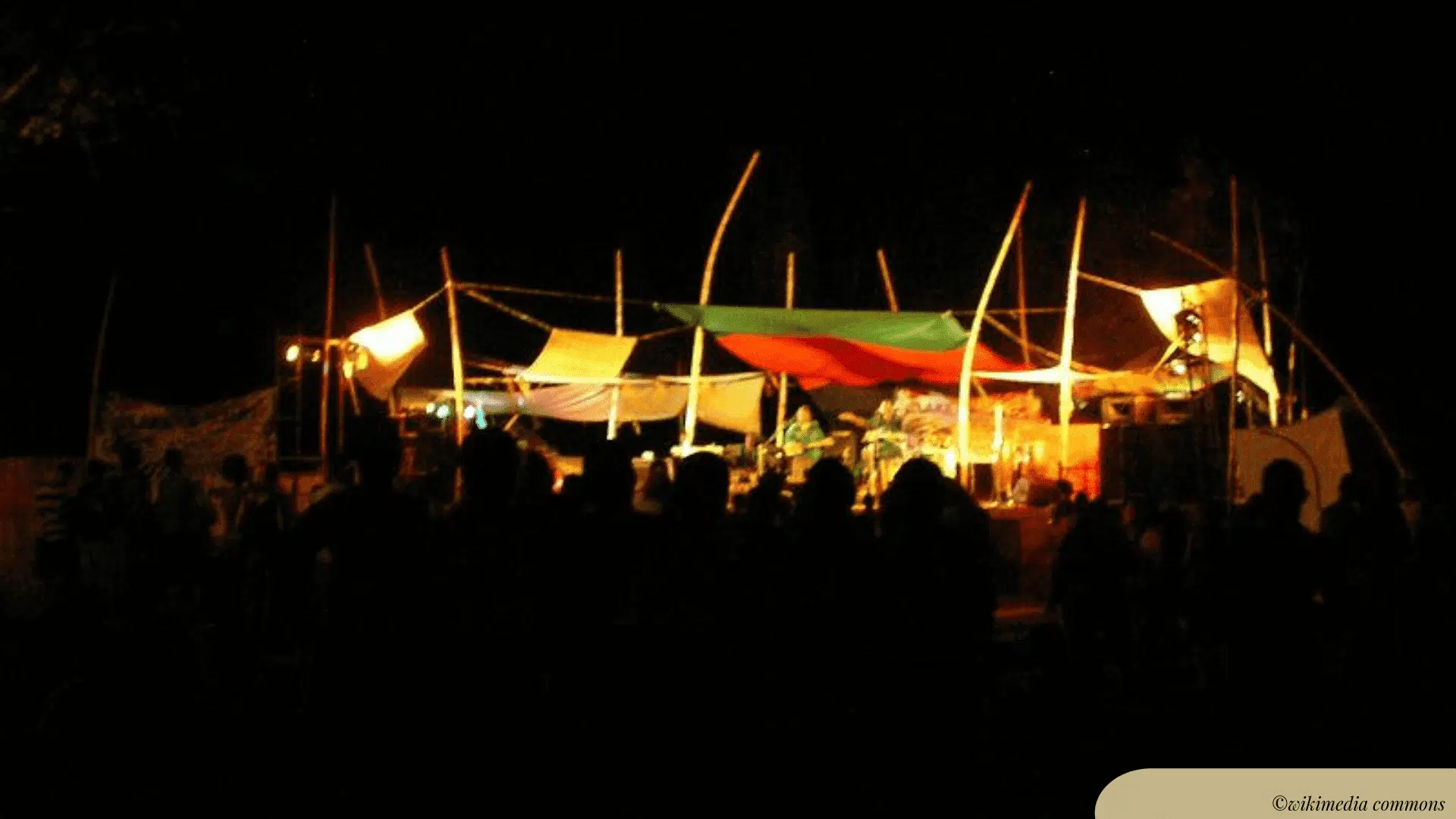
FESTIVALS IN MOROCCO🇲🇦
Fes Festival of World Sacred Music
You get two for the price of one as this music festival, and the local Fes Cultural Festival runs concurrently in June with a theme exploring a different aspect of culture every year. This African Festival is one of the most comprehensive ways to experience traditional life inside the old walled city. Go from watching the whirling dervishes of Iran to seeing mystics, Sufi chanters, and dancers from all around the world taking ample time to sip mint tea, and of course, devour all that delicious Moroccan food.
Gnaoua World Music Festival
The Moroccan town of Essaouira is home to a music festival based on the traditions of Gnaoua music in June. Enjoy this incredible combination of acrobatic dancing and instruments. The origins lie in a mix of Berber, African and Arabic songs, religious rites and dance.
The Festival of Roses
No-one is quite sure how roses came to Morocco but in the small town of El-Kelaâ M’Gouna, famous for its vast landscape of pink Persian roses in the Dadés Valley the end of the rose harvest is celebrated annually around May. It’s a three-day celebration filled with food, dancing, singing, and a carnival procession where the crowning of the Rose Queen (who will reign over the year’s crop) takes place. This African festival attracts around 20,000 people every year!
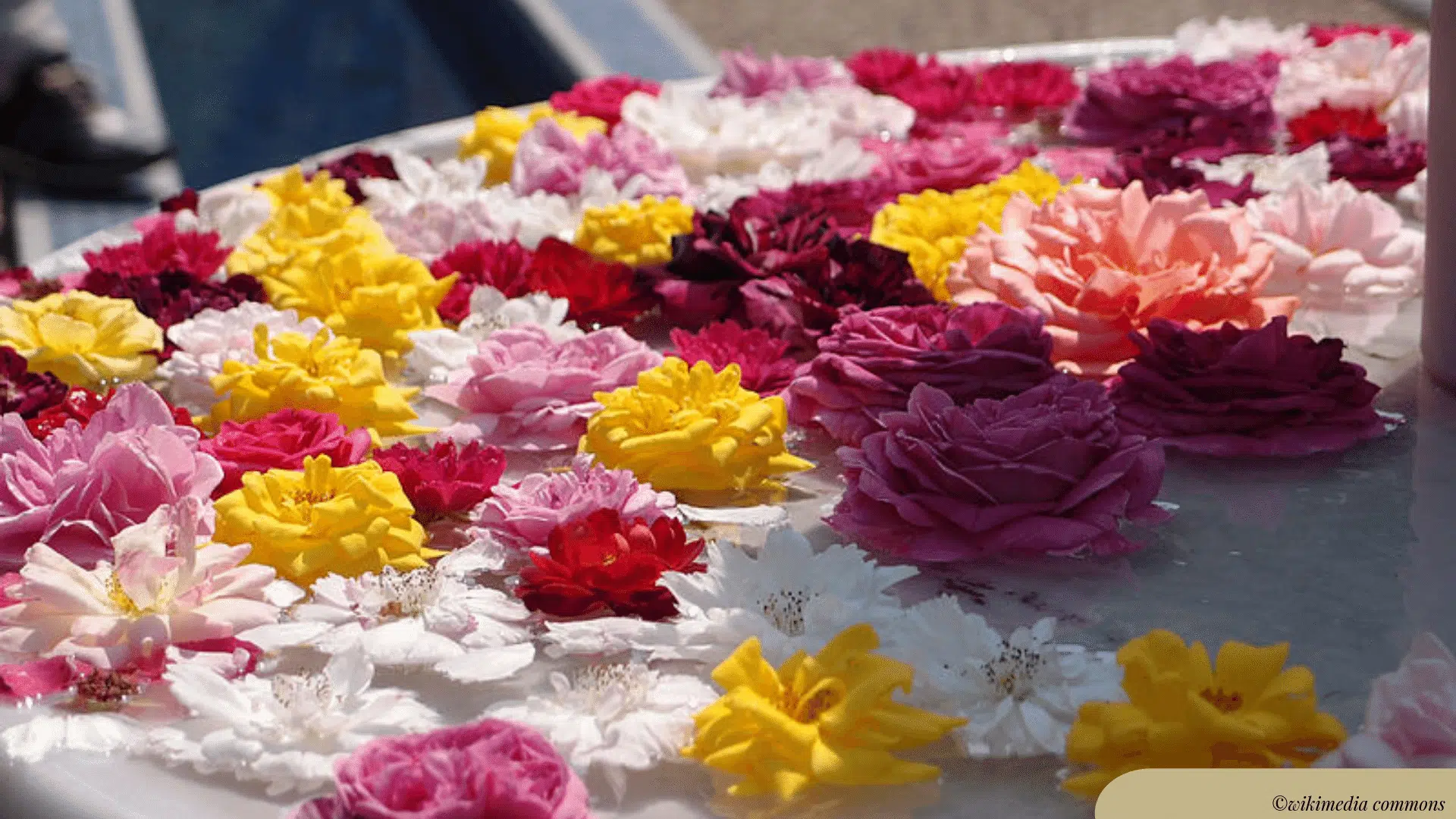
FESTIVALS IN NIGER🇳🇪
Cure Salée and Wodaabe Gerewol
Arguably one of the unique cultural festivals on the continent takes place in September marking the end of the rainy season. The Tuareg and Wodaabe gather in the salt flats and pools near Ingall to prepare their cattle and goats for the trip South. It is also a time of traditional courtship and marriage. During the Gerewol, the young Wodaabe men are organized to perform dances and test their skills in front of all the women seeking husbands. The celebrations end with the men donning the traditional costume, headdress and elaborate makeup.
The Tuareg men show off their skills as riders, artists, dancers, musicians, and artisans. A grand parade of Tuareg camel riders opens the festival, which continues with races, songs, dances, and storytelling. While the official celebration is limited to three days, the festivities can last for weeks while nomadic groups remain in the area.
FESTIVALS IN RWANDA🇷🇼
Kwita Izina
In September of every year, all the gorilla babies born during the preceding 12 months are named. Rwanda’s president and 30,000 people from around the world celebrate this incredible victory of conservation. To add a little flavor, the Intore warriors perform dances and sing.
FESTIVALS IN SOUTH AFRICA🇿🇦
Cape Town International Jazz Festival
Jazz legends converge on the Mother City in the late summer from all over the world to perform during a glorious two days at the end of March. First held in 2000, this music festival in South Africa is the fourth largest jazz festival in the world and the most significant jazz festival on the African continent. Known as the Cape Town North Sea Jazz Festival (due to association with the North Sea Jazz Festival in the Netherlands. After 2005 the festival outgrew its venue, and the Cape Town International Convention Centre has become the new locale for this festival in Cape Town.
Cape Town Minstrel Festival
One of the most iconic of all the festivals in South Africa, this one takes to the streets annually at the top of the year. Over 10,000 of the Kaapse Klopse or Cape Minstrel parade down the streets of the Mother City. They are an incredible sight in their costumes, umbrellas and a variety of musical instruments as they sing and dance through Cape Town.
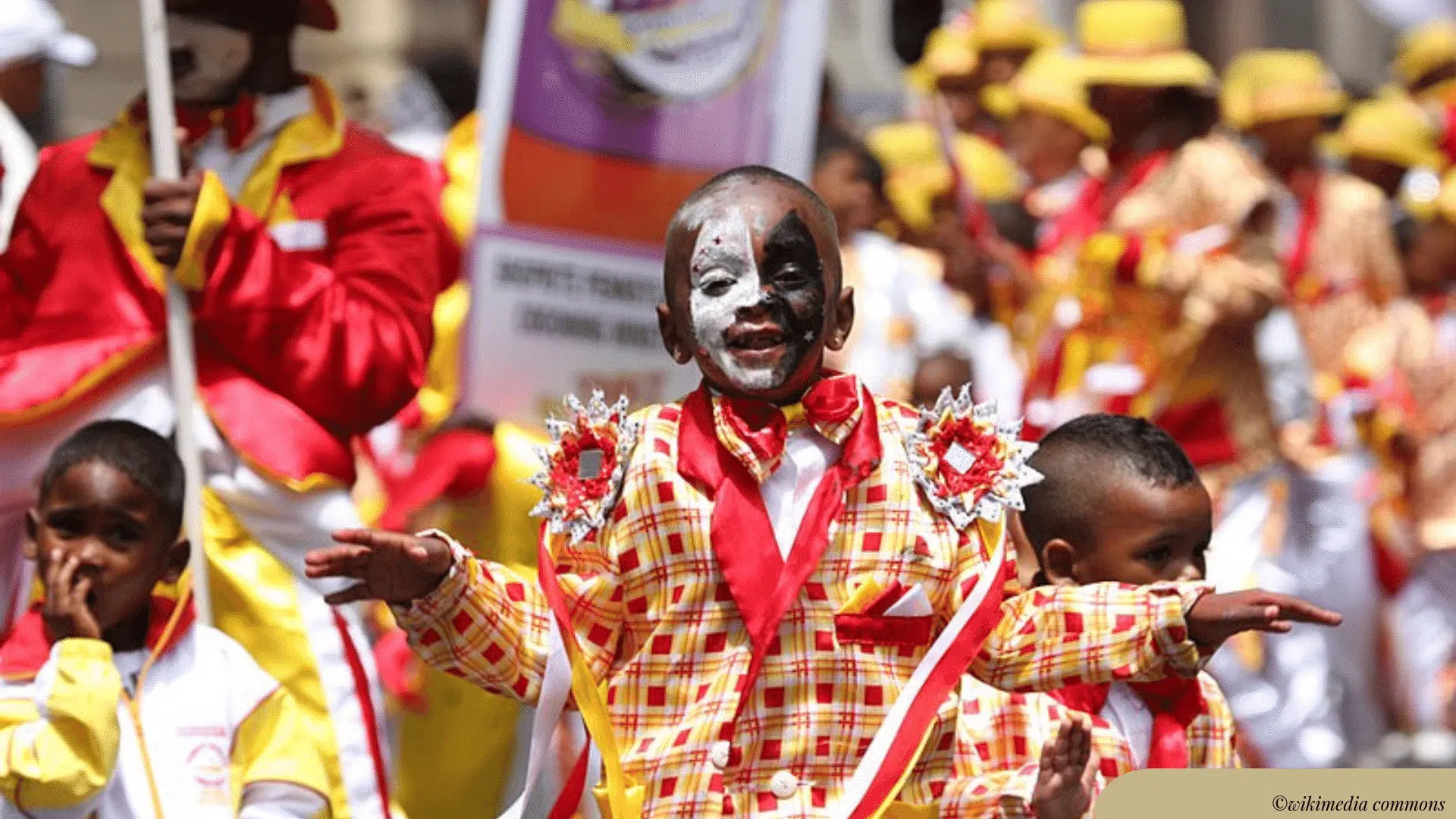 Hermanus Festival
Hermanus Festival
The Southern Right Whales return to Walker Bay to herald the arrival of Spring in late September, and they are eagerly awaited and welcomed by thousands of visitors in Hermanus every year at the end of September. Whale watching is the main attraction, but this unique African festival also celebrates other marine life through films, interactive exhibitions, and ocean-themed adventures, accompanied by music, comedy, seafood, and street parades.
The Knysna Oyster Festival
A celebration of sport, food, and heritage, the festival includes a marathon, a cycling race, swimming, canoeing, and SCUBA diving. It is one of the most popular annual Western Cape events, one of the most excitedly awaited festivals in South Africa, and it runs over what is billed as the ‘Best ten days of your winter’. Featuring over a hundred exhibitions, the oysters remain the star of the show.
FESTIVALS IN TANZANIA🇹🇿
Zanzibar International Film Festival
Possibly the most significant cultural event in East Africa it is a riot of music, arts, literature, film and more from across the African continent in July. Partake in just over a week of local and international discussion panels, workshops, ten days of screenings of the best local and international cinema and evenings of musical concerts including a nightly Gala.
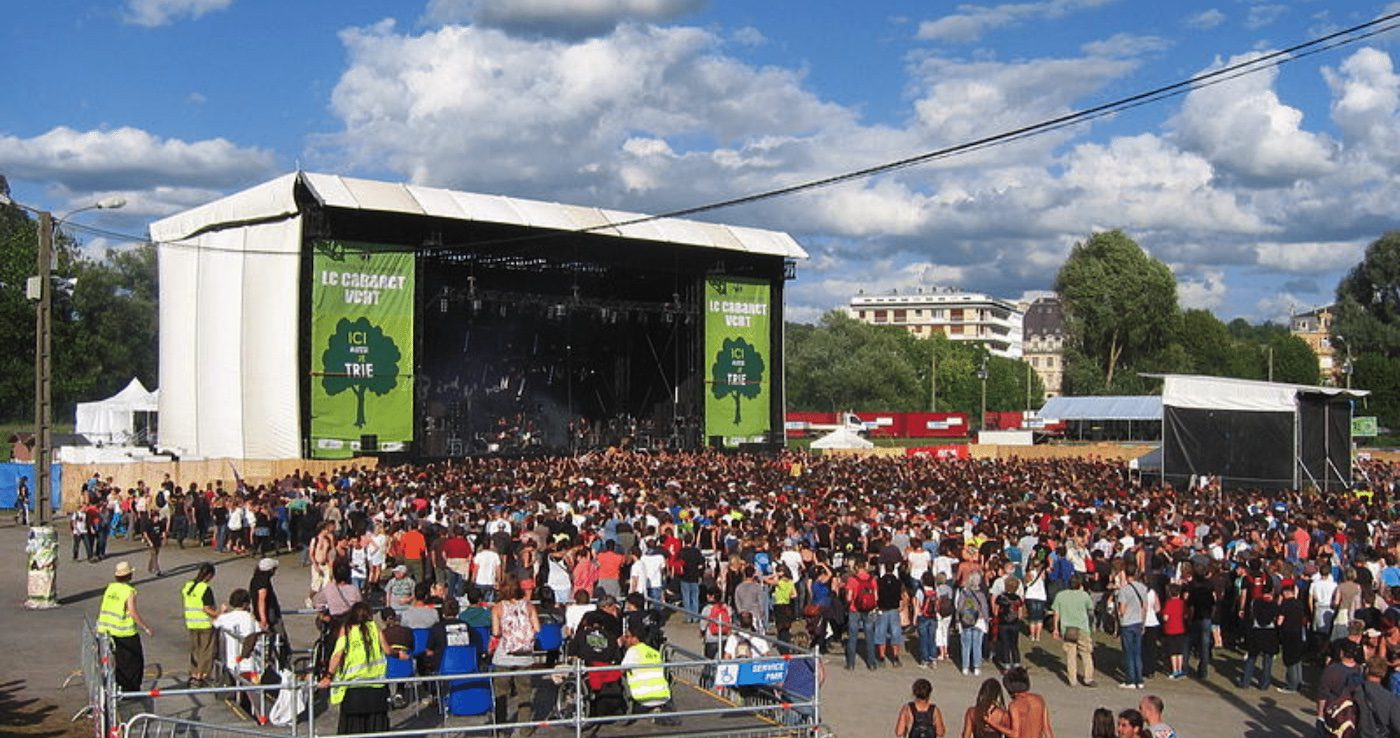
Sauti za Busara Swahili Music Festival
The Spice Island of Zanzibar comes alive with four days of Swahili music across the genres, from taarab to African, Asian and Arab fusion, attracting artists from East Africa and beyond. Planning your visit to Zanzibar around this African Festival makes excellent sense if you would like to enjoy a very relaxed time during the day before partying in the Old Fort in Stone Town and wandering home under the African stars.
FESTIVALS IN TUNISIA🇹🇳
International Festival of the Sahara
The small oasis town of Douz in Tunisia attracts over 50,000 people to celebrate the culture of the Sahara towards the end of December every year. This African celebration began in 1910 and has evolved into a four-day music festival of singing, dancing, feasting, fantasia – Arab horses ridden by daring riders, a Bedouin marriage, camel racing, and sloughi dogs catching rabbits. There is also an excellent craft fair, and in the evening Abdellatif Belgacem Merzoughi runs a poetry contest.
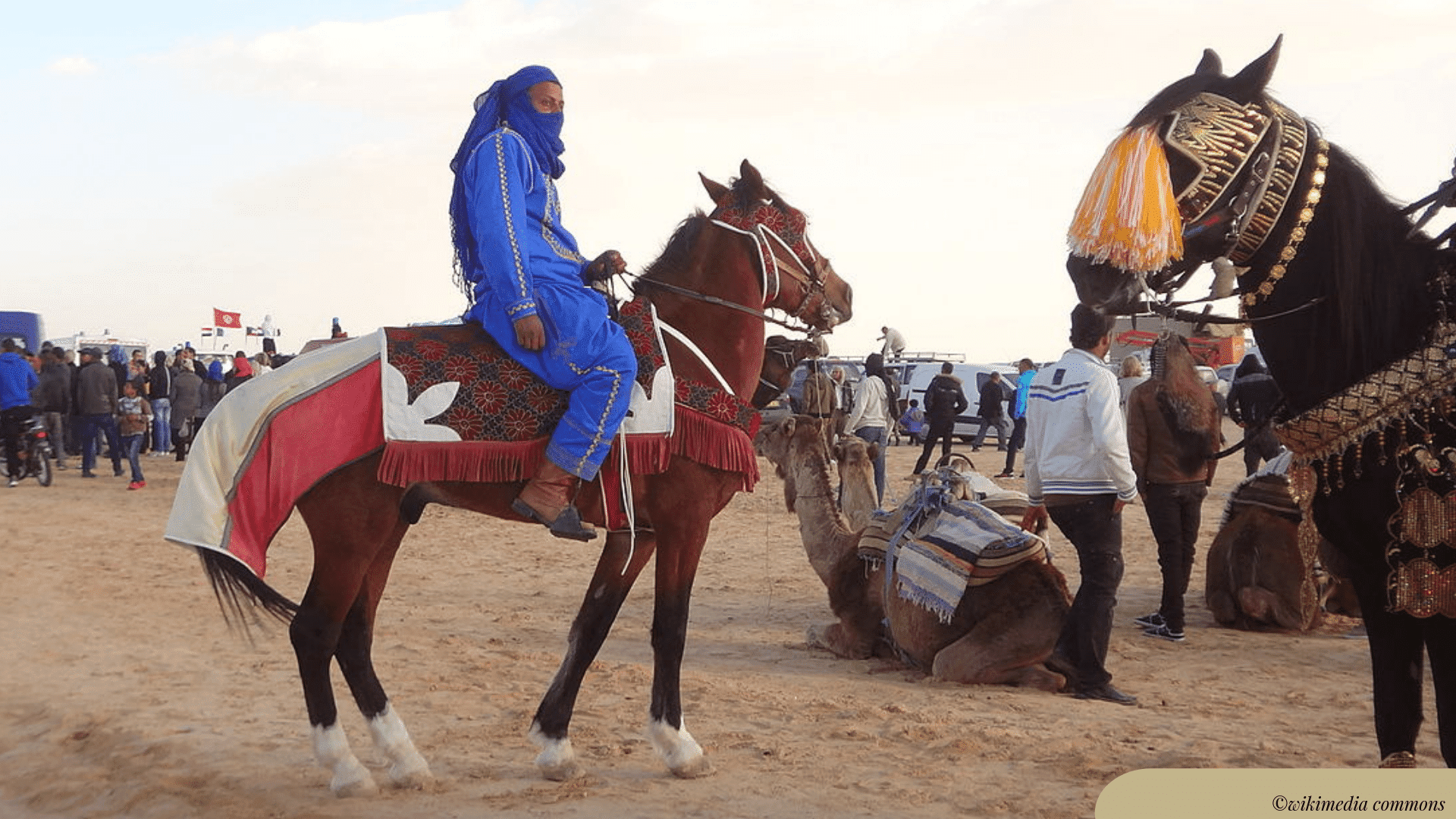
FESTIVALS IN ZAMBIA🇿🇲
Ku-omboka Festival
At the end of the summer, when the moon is full, the King of the Lozi, known as the Litunga, departs from the Lealui Palace on the Barotse Plain where the royal tribal head has resided for hundreds of years. The Litunga’s destination is the Limulunga Palace, which is located on higher ground to avoid the seasonal floods and is the royal winter residence.
The exact date is a court secret to protect the king, and details are only given a couple of days before the journey begins.
Kuomboka means ‘coming out of the water,’ and this colorful African festival takes place over several days. A giant black and white dug-out canoe, known as Nalikwanda forms the center of the procession. The rhythm of the Moama drum, vibrant colors and chanting voices accompanies the boat along its journey.
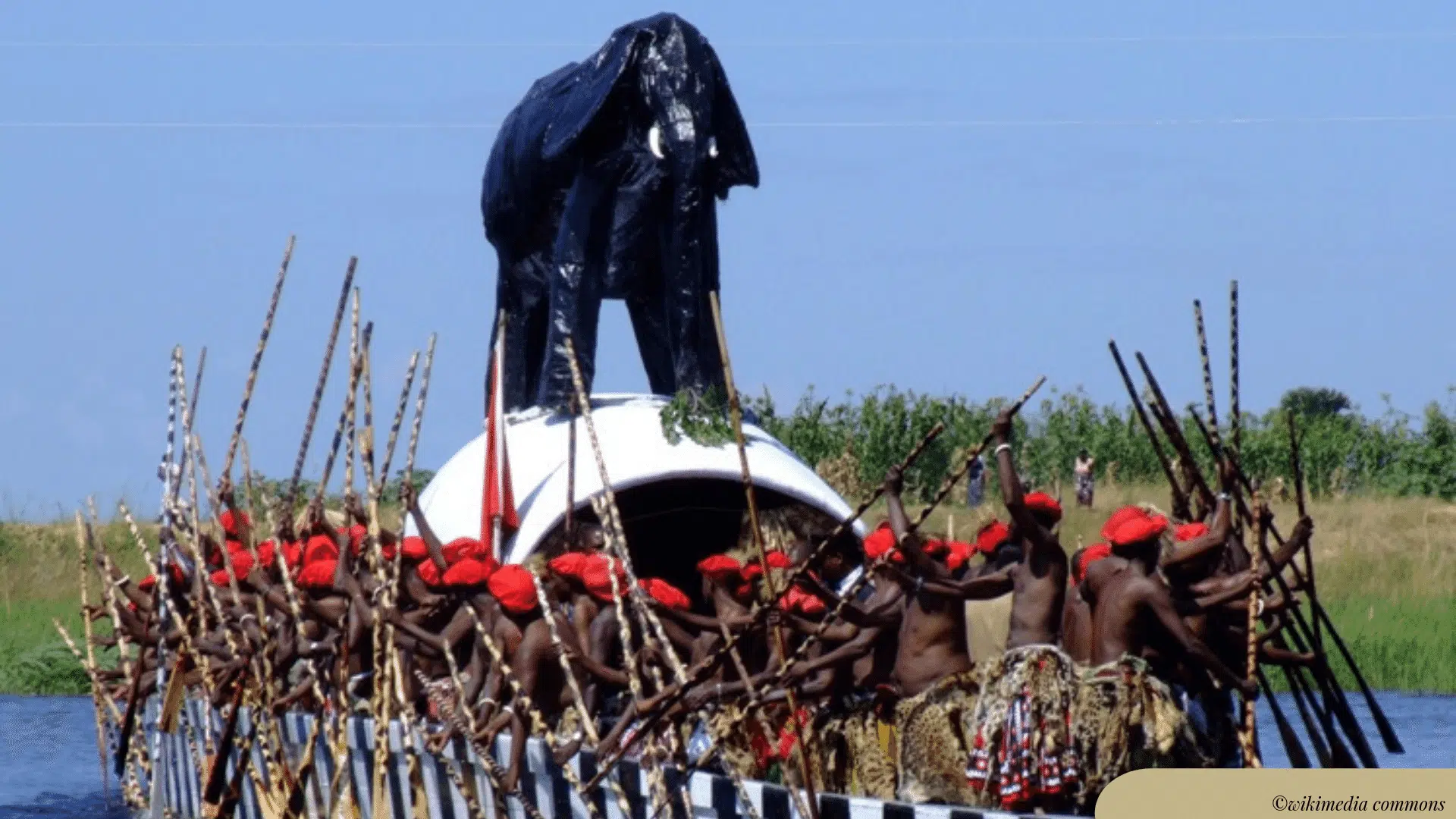
and/or
